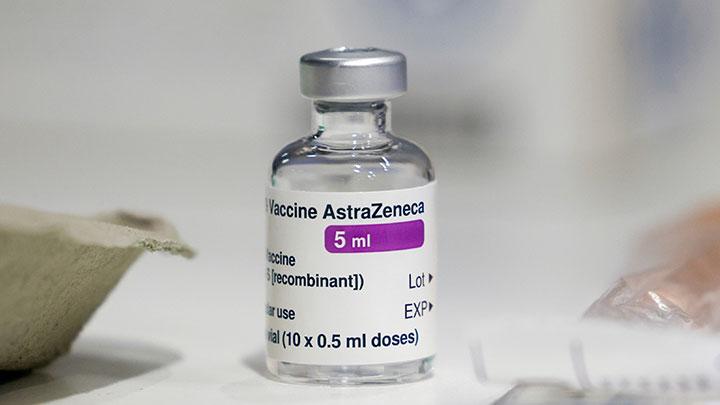Haste Makes Waste
Translator
TEMPO
Editor
Laila Afifa
Rabu, 17 Maret 2021 18:26 WIB

TEMPO.CO, Jakarta - The Finance and Development Supervisory Agency (BPKP) discovered potential state losses in the procurement of close to 2 million units of health devices for pandemic management. The result of bad coordination or corruption?
It has been a year since the World Health Organization (WHO) declared Covid-19 outbreak as a global pandemic. Now is the time to take a moment to look back on the year. It is wiser to pause and learn from the mistakes than forging ahead as if we were doing everything right. Hasty decisions taken in the name of emergency without transparency and accountability are likely to result in undesireable consequences. Potential state losses found by the Finance and Development Supervisory Agency (BPKP) in the procurement of millions of units of health equipment to tackle the pandemic is an example of such a consequence. The purchase of polymerase chain reaction (PCR), ribonucleic acid (RNA), and viral transport medium (VTM) test kits and reagents reported by the BPK occurred during the period of April-September 2020 with the potential lost nearly Rp40 billion.
Only after the equipment were distributed to the regions, was it found that they were not compatible with the laboratory facilities. Consequently, 78 labs in 29 provinces returned the equipment and reagents batch with a total value amounted to Rp170 billion. There is a clear sign of poor governance in handling the pandemic.
Indeed, Lt. Gen. Doni Monardo, the chair of the Covid-19 task force who is also the head of the National Disaster Mitigation Agency (BNPB) did ask the suppliers to immediately take back the problematic kits. However, risks of the reagents expiring still exist if they are not promptly redistributed to the right labs. Better coordination within the government would have prevented a grave mistake such as this.
Coordination is the crux of the matter here. Before the purchase in April last year, at the height of the pandemic, the health ministry and the Covid-19 task force each held different data regarding available supplies of PCR test kit and reagents. The task force said there was no way of identifying Covid patients.
In such a critical moment, the health ministry not only kept mum about the availability reagent supplies, but also failed to provide a list of health devise that passed appropriate tests or were at least fit for use. As the highest medical authority in the country, it should have had correct and adequate data as regards specifications of medical and lab devices. Under the circumstances, it is not surprising that the test kit and reagent procurement and distribution went haywire. The lack of coordination is likely to cause the state hundreds of billions of rupiah in losses.
Much has been studied and it is clear that there was no leadership at the onset of the pandemic. All the government institutions were acting on each's own without coordination. The medical authorities which should have been most responsive were paralyzed. Terawan Agus Putranto, the health minister at the time, even refused to acknowledge the already alarming stage and scale of the health crisis. The government did not carry seriously basic initiatives to stem the spread such as testing, tracing, and treatment. Sadly, all the happened not because of lack of facilities, but rather because of growing anti-science views even within the government itself.
It is also worthy to note our weak health care services. The community health centers (Puskesmas) which should have been at the forefront of the basic healthcare were not governed well. Being under the control of regional administrations, their fates and quality depend on the political will and awareness of the governors, regents, and mayors. As regards drug and medical equipment production, Indonesia is also falling way behind China and India which for many years have invested in the pharmaceutical and health care equipment industry.
A year in the pandemic also shows our weakness in socio-economic policies. The allocated budget for health care and social welfare sectors is much smaller than other budgets.The poor and the vulnerable were treated with paltry consideration in social protection schemes. Government officials even pilfired the social aid fund.
We have failed to nurture social solidarity as our primary asset. The government has failed to garner the trust of civil societies to fight the pandemic collectively. Community groups which try to support one another are subject to suspicion. If the government does not evaluate its performance in the past year, all the bad records above are very likely to repeat.
Read the Complete Story in Tempo English Magazine




















